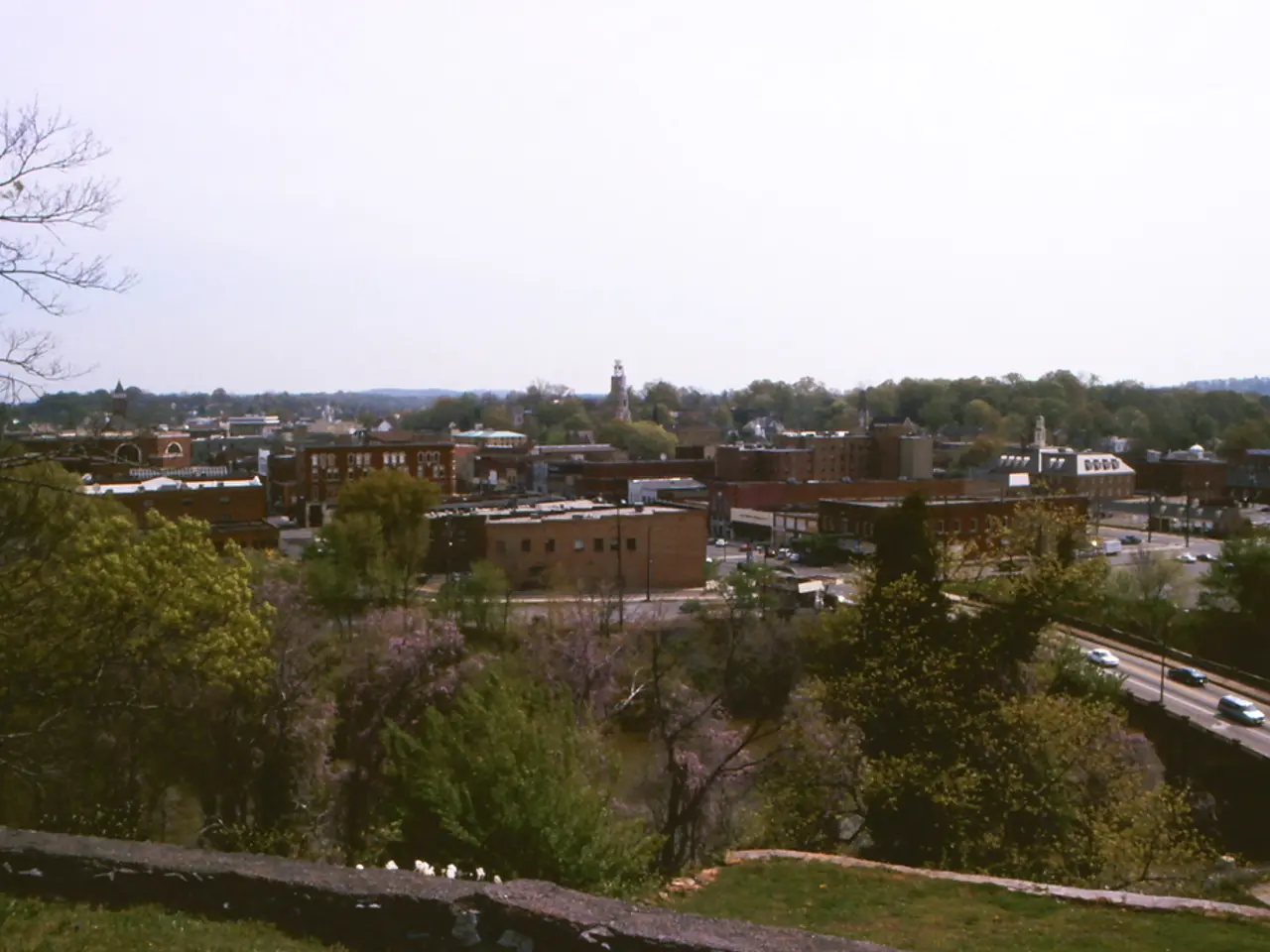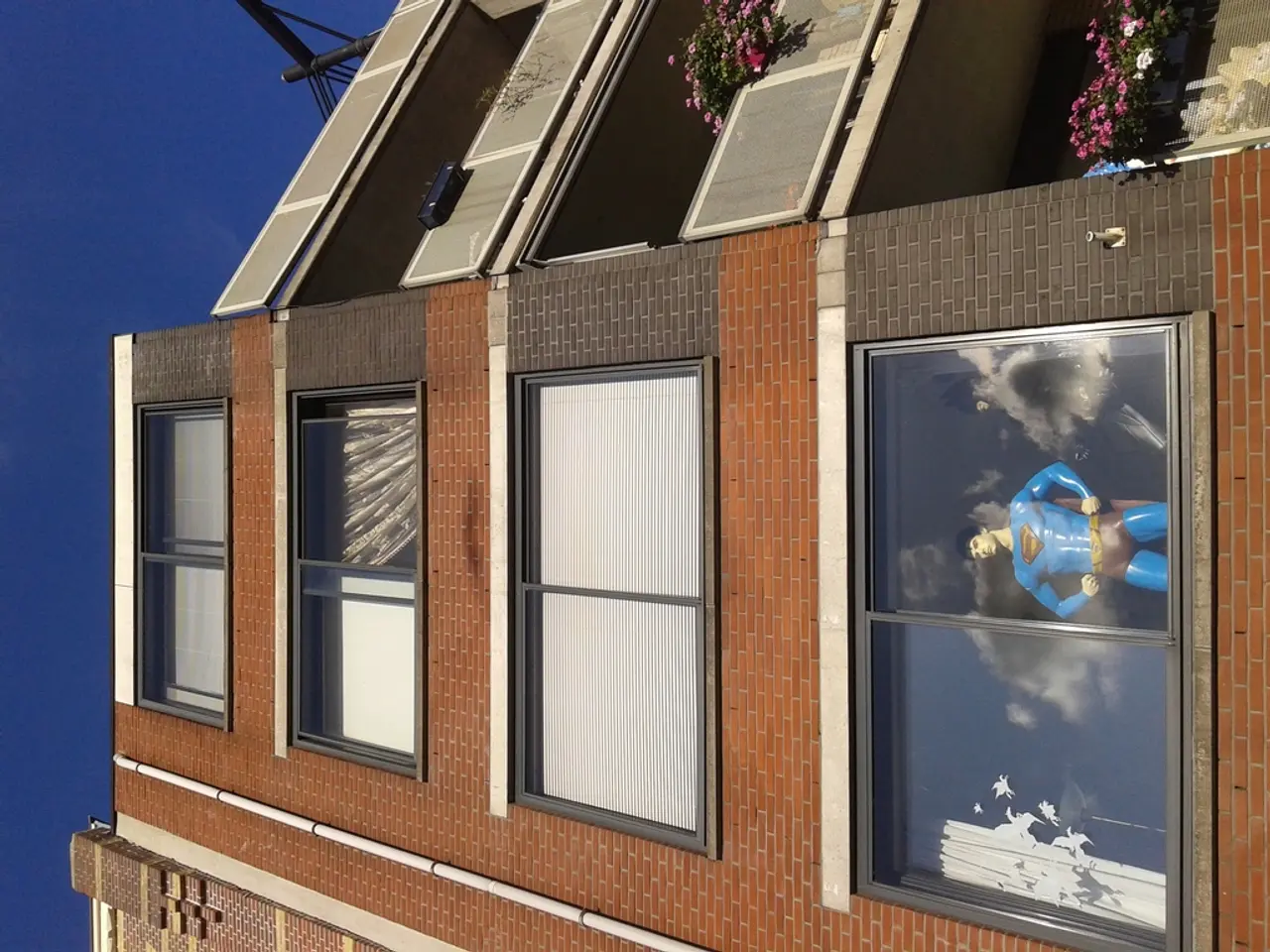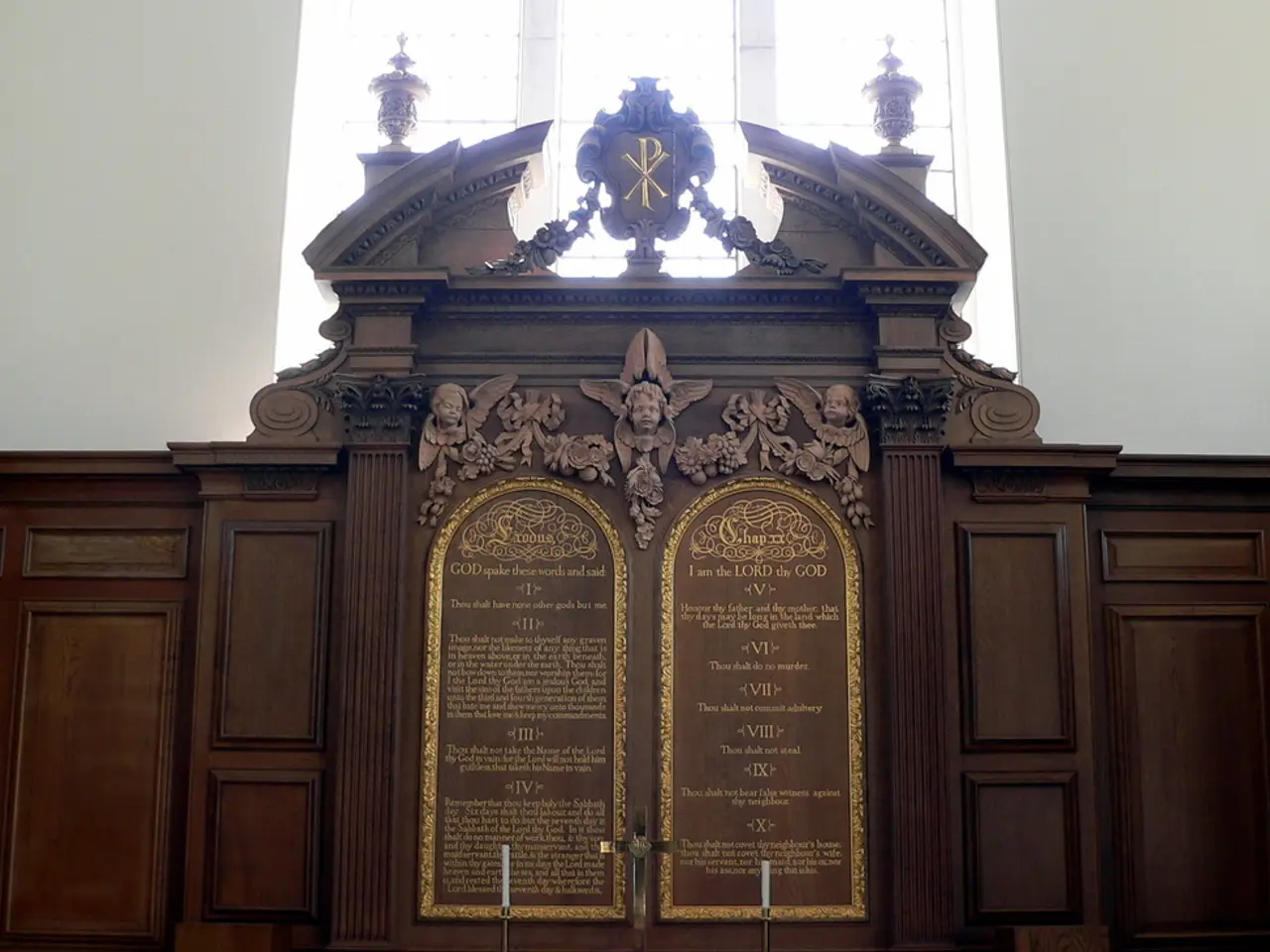Urban Development Through Tourism Enhancement
In a groundbreaking initiative, the Catholic University of Eichstätt-Ingolstadt (KU) is leading a research project that explores the potential of using hospitality as a strategic principle in urban development. Funded by the Bavarian Center for Tourism, the project is currently underway in the metropolitan regions of Ingolstadt, Augsburg, and Nuremberg.
The project's basis is the model of the "Ecosystem of Hospitality," which combines spatial development for tourists and locals. The aim is to blur the boundaries between these two groups, promoting a culture of quality of life. KU Professor Harald Pechlaner sees great potential in Ingolstadt as a tourist city, by making its history and transformation visible.
One of the key insights from the workshops is the need to focus on creating atmosphere for more quality of life, rather than just functions. Tourism is not an add-on in urban development, but a factor to be considered in enabling various offers, according to Felix Hiemeyer.
Successful urban development often blends historical heritage with modern design, as seen in projects like Le Coeur in Düsseldorf. The research project suggests that similar approaches could enhance the aesthetic appeal and livability of Ingolstadt, Augsburg, and Nuremberg.
Urban projects should foster interaction and community engagement to create vibrant public spaces. This can include public art installations, community events, and accessible public facilities. The project emphasizes the importance of tourism thinking broader, as tourism themes are voluntary and secondary.
Combining residential, retail, and hospitality spaces can revitalize urban areas by creating dynamic, self-sustaining ecosystems. This can boost local economies and attract diverse populations. The project team collaborated with IFG Ingolstadt, represented by Valentin Herbold, in Ingolstadt.
Innovative urban design principles, including modular and flexible spaces, can help these cities adapt to changing needs and technologies. The idea of supplementing static information boards on historical buildings with virtual reality applications received broad support.
Integrating water into playgrounds and parks and facilitating year-round access to public gardens were common points in the workshops. Local politicians have opportunities to significantly improve the quality of life in all three cities based on the results of the research project.
Historical buildings and structures in Ingolstadt, Augsburg, and Nuremberg could be better showcased through targeted lighting. The regional workshop in Ingolstadt focused on the desire for more nature, integration of rivers Danube and Schutter, addressing traffic congestion and vacancies, and the revitalization of historical spaces.
The project leader is Prof. Dr. Harald Pechlaner, and the results from all three regional workshops were brought together in a synthesis workshop at the KU's Zukunftscampus in Ingolstadt's Georgianum. The project, which began in September 2023, has been ongoing for about a year and a half.
Tourism can act as an "agent of change," bringing together various actors from administration, culture, economy, and civil society. The common goal of this project is to promote a culture of quality of life, blurring the boundaries between tourists and locals. If specific research findings from KU are available, they would likely provide more tailored insights for these cities.
- By implementing the "Ecosystem of Hospitality" model, which blends home-and-garden (spatial development for both tourists and locals), the project aims to create a culture of quality lifestyle in Ingolstadt, Augsburg, and Nuremberg.
- The research project suggests that enhancing the aesthetic appeal and livability of these cities can be achieved by combining residential, retail, and hospitality spaces, a strategy that can revitalize urban areas and boost their home-and-garden appeal.




